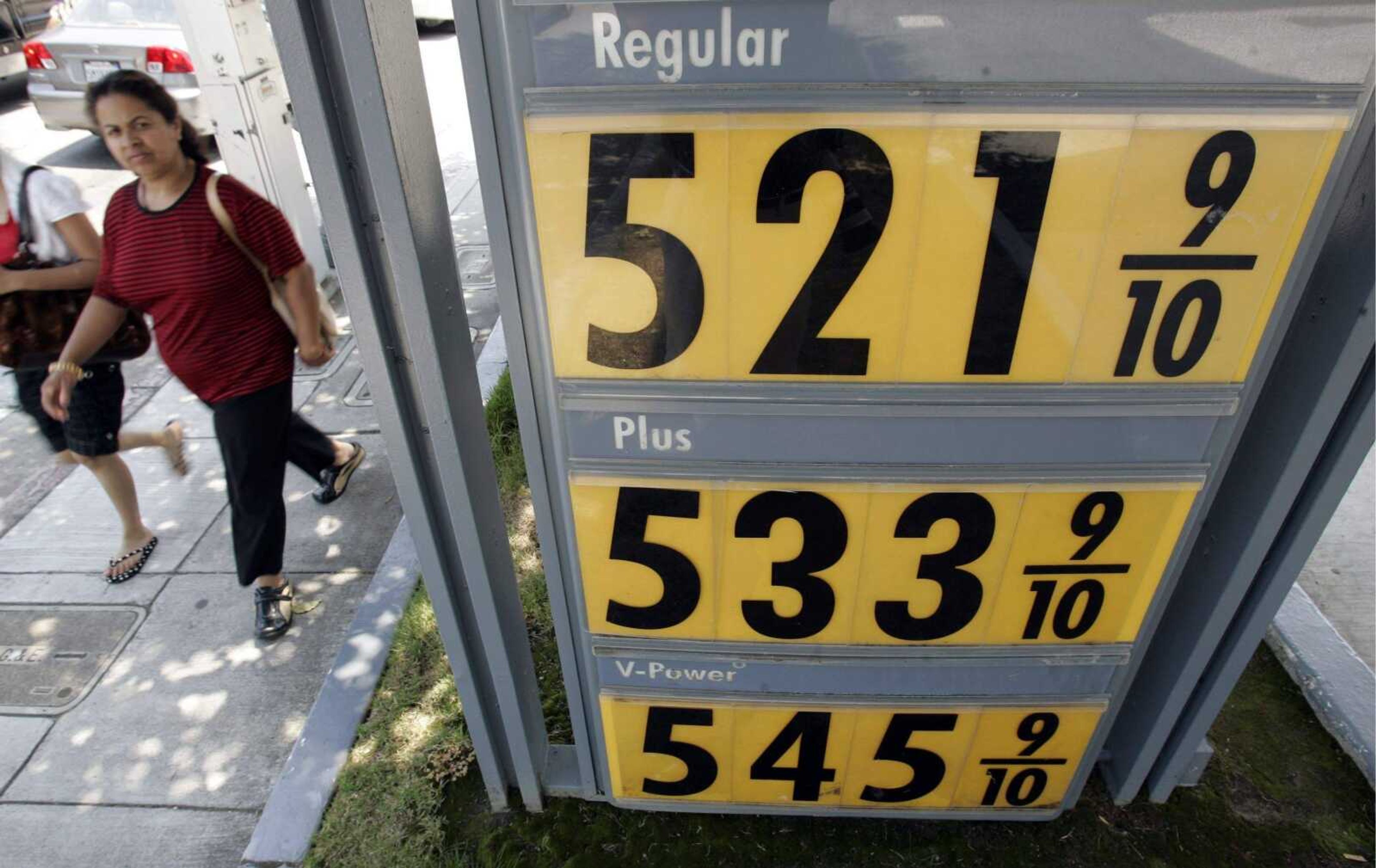Don't get too used to cheap oil, analysts say
HOUSTON -- All that money you're saving these days at the gas pump? You might want to put it in the bank. Analysts say the same cheap oil that's providing economic relief to drivers and businesses is setting the stage for another price spike, perhaps as soon as next year, that will bring back memories of last summer's $4-a-gallon gas...
HOUSTON -- All that money you're saving these days at the gas pump? You might want to put it in the bank.
Analysts say the same cheap oil that's providing economic relief to drivers and businesses is setting the stage for another price spike, perhaps as soon as next year, that will bring back memories of last summer's $4-a-gallon gas.
The oil industry is scaling back on exploration and production because some projects don't make economic sense when energy prices are low. And crude is already harder to find because more nations that own oil companies are blocking outside access to their oil fields.
When the world emerges from the recession and starts to burn more fuel again, and higher demand meets lower supply, prices will almost certainly shoot higher.
Some analysts say oil could eventually eclipse $150 a barrel, maybe even on its way to $200. In such a scenario, gasoline would easily cost more than the record high of $4.11 a gallon set last summer. Oil trades at about $50 today.
No one knows for sure, but some analysts say the spike could happen as soon as next year, perhaps in 2011 or 2012.
"I think those supply limits will come back to bite with a vengeance," said Sean Brodrick, a natural resources analyst at Weiss Research Inc.
High prices at the pump last summer -- more than $4 per gallon for gas on average -- helped slash demand for oil. From November 2007 to October 2008, Americans drove 100 billion fewer miles than the year before, according to government figures.
"We wouldn't be bailing out the automobile industry today ... had we not had this crazy situation with oil prices," said Daniel Yergin, chairman of Cambridge Energy Research Associates, a consulting firm.
Oil giants like Exxon Mobil, Chevron and ConocoPhillips have yet to announce their 2009 capital spending plans, but analysts say even the cash-rich companies are likely to shelve some projects.
Already, Royal Dutch Shell has postponed a near-doubling of production in Canada's oil sands -- an operation that analysts say only makes economic sense when oil is about $20 a barrel more expensive than it is now. Marathon Oil says it expects to cut capital spending by 15 percent in 2009.
Brodrick said canceled or postponed oil and gas projects could contribute to a drop of 7 percent or more in global oil production this year.
Smaller oil producers could cut spending by 30 percent, said Oppenheimer & Co. analyst Fadel Gheit. The majority of U.S. crude and natural gas is supplied by smaller, independent companies, not the Exxons and Chevrons, and smaller producers have been forced to pull back because of frozen credit markets.
All this comes as the Organization of Petroleum Exporting Countries, which controls about 40 percent of world crude supplies, embarks on its biggest single production cut ever.
It adds up to another round of price shocks for consumers that's probably inevitable, said Bruce Vincent, president of Houston-based Swift Energy Co., an independent producer.
"Demand will start growing, supply will start coming down, and you'll have that intersect again where prices will take off dramatically," Vincent said. "(But) it's not healthy for the economy. It's not healthy for the industry."
Already, the futures markets are pricing in more expensive oil. While a barrel of light, sweet crude for February delivery costs about $50, the market for September oil is already over $60.
Big Western oil companies like Exxon and ConocoPhillips have also been cut off from crude reserves under the control of nationalized oil companies from Saudi Arabia to Venezuela.
Late last year, the International Energy Agency said it will take more than a trillion dollars in annual investments to find new fossil fuels over the next two decades in order to avoid shortages that could choke the global economy.
When the world economy recovers from the current malaise, "Are we going to get another one of these violent cycles where prices overshoot and you get back in the same spiral?" asked Yergin. "Some volatility is inevitable in global commodity markets, but this kind of extreme volatility is bad for everyone. It creates deep wounds."
Another part of the problem, said Judy Dugan, research director for the not-for-profit Consumer Watchdog, is that oil companies didn't invest enough in new exploration over the past several years, as they raked in billions in profits.
"They're screaming, 'Drill, baby, drill,' but they didn't invest anywhere near where they should have been investing when prices were high," she said. "Now that prices have crashed, they say prices are too low, knowing full well prices are going to go back up."
Connect with the Southeast Missourian Newsroom:
For corrections to this story or other insights for the editor, click here. To submit a letter to the editor, click here. To learn about the Southeast Missourian’s AI Policy, click here.









